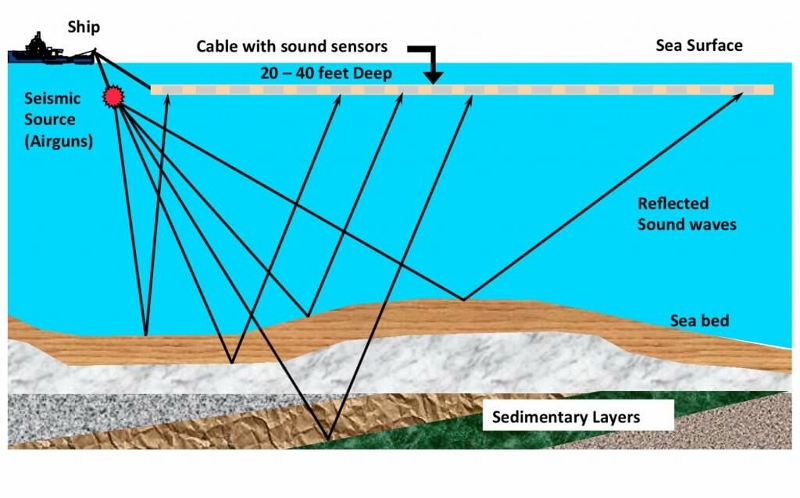With a little more than two months left for the Obama presidency, the offshore oil and gas industry and its Eastern seaboard opponents are pressing the outgoing administration to make one last decision on Atlantic drilling.
Along with a study on the safety of hydraulic fracturing on land, the administration is expected to finalize the next five-year plan for energy exploration on the Outer Continental Shelf. That could include a ban on drilling in the Atlantic and limitations in Arctic waters, both opposed by the industry.
On Nov. 1 Kyle Isakower, vice president for regulatory and economic policy at the American Petroleum Institute, told Washington, D.C., reporters it “would be very short-sighted” to make permanent the Atlantic moratorium and limit Arctic exploration.
“Right now, the United States is leading the world in the production of oil and natural gas,” he said.
Soon after, the environmental groups Natural Resources Defense Council and Oceana pushed from the other side, with their allies in coastal communities from New Jersey to Florida. They argue oil and gas drilling will endanger their tourism, recreation and fishing industries, and contribute to more carbon emissions.
“It seems like every day we’re waiting for a storm,” Beaufort, S.C., Mayor Billy Keyserling said in a Nov. 3 conference call with reporters. A drilling ban is “not going to stop sea level rise, it’s not going to stop the storms…But it takes that threat off the table.”
The anti-drilling coalition has focused not only on longer range federal policy, but sought immediate restrictions on seismic surveys that energy companies need to probe deep sediments under the sea floor. The campaign has also been successful at countering state government and political support for oil and gas in Virginia and the Carolinas, getting prosperous and politically influential coastal communities to come out in opposition to governors and lawmakers in their inland statehouses.
Those advocates think the politics are now aligned for Obama to make another signature ocean policy decision on his way out. But the administration has taken smaller steps on other big ocean decisions, like a similar campaign to declare undersea national monuments off New England.
Environmental groups pushed hard to have the Cashes Ledge area in the Gulf of Maine designated a national monument, igniting protests from fishermen — and opposition from industry regulators, who insisted they can do the job of conservation under existing law.
In the end, the Obama administration went farther offshore to create the Northeast Canyons and Seamounts National Monument, 5,000 sq. mi. 130 miles from Cape Cod, Mass. Offshore lobster and red crab fishing there will be phased out over seven years.
So what will be the fate of Atlantic drilling? Only time will tell.



.JPG.small.400x400.jpg)

